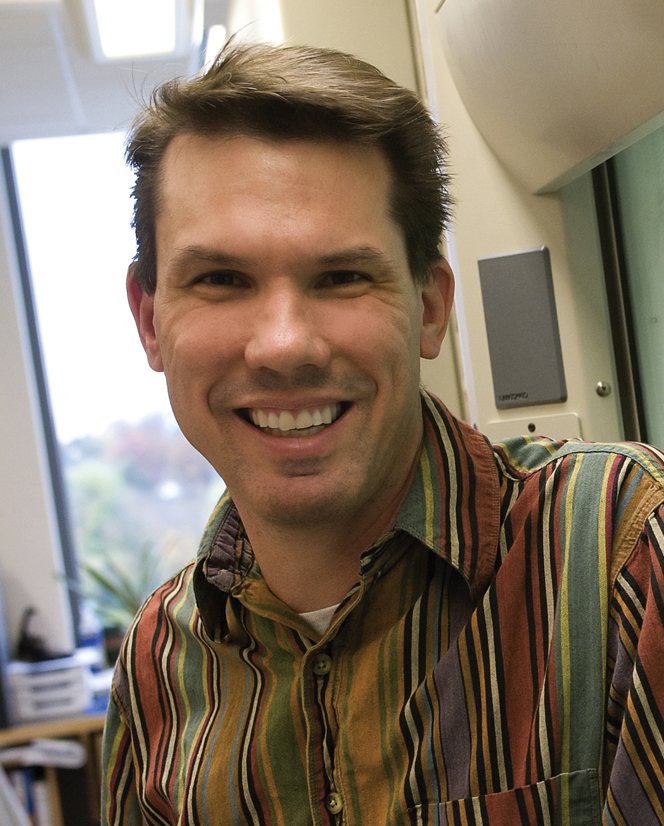 |
 |
||
| Trudy G. Morrison, PhD | William Kobertz, PhD | ||
University of Massachusetts President Robert L. Caret recently announced $225,000 in grants to UMass researchers for investment in new technologies through the University’s Commercial Ventures and Intellectual Property (CVIP) Technology Development Fund. Two UMass Medical School scientists are among the nine recipients of the grants, which are given annually to faculty members across all five campuses to accelerate commercialization of their early-stage technologies in a wide range of disciplines, including the life sciences, chemistry, material and engineering.
Trudy G. Morrison, PhD, professor of microbiology & physiological systems, received funding for her project Development of Methods for Large-Scale Production of Virus-like Particle Vaccine Candidates. Dr. Morrison’s lab has developed a novel vaccine platform that can be used to produce vaccines for a wide variety of infectious agents causing disease in humans. The technology involves the use of virus-like particles as a platform for a generation of vaccines for various pathogens. Using this technology, they have accomplished successful preclinical trials of a vaccine for respiratory syncytial virus. The CVIP funding will help the team define methodologies for economical, large-scale production of their vaccine candidates.
“I am very pleased to receive this award since it facilitates the advancement of my vaccine candidates towards clinical trials,” said Dr. Morrison. “The CVIP Technology Development Fund is an important resource for the translation of basic science studies to clinical applications.”
William Kobertz, PhD, associate professor of biochemistry & molecular pharmacology, received CVIP funding for his project Fluorescent Visualization of Potassium Efflux from Living Cells. The CVIP funding will help the team validate a new class of potassium-sensitive fluorophores to be used to fluorescently visualize potassium efflux from neuronal, muscular and cardiac potassium channels.
“Before the CVIP funding, my postdoctoral associate and I were essentially developing this new idea we had on a shoe-string budget,” said Dr. Kobertz. “With this financial support from the University of Massachusetts Technology Fund, we can work full time on our technology with the goal of visualizing potassium ions emanating from cells, and someday, from living organisms. This new class of tools will be invaluable for studying potassium egress in healthy and diseased tissues.”
Awards this year also went to faculty members from the Amherst, Dartmouth and Lowell campuses. Since the CVIP program was launched nine years ago, it has funded 66 projects, resulting in new licenses, the creation of four new companies, and more than $3 million in additional research funding for the recipients.
“This program highlights University of Massachusetts researchers who stand at the forefront of scientific innovation,” President Caret said. “Each year, we continue to see remarkable discoveries coming from laboratories on UMass campuses—impressive breakthroughs that bring new products and medical treatments to the marketplace and emphasize the major role we play in improving and saving lives in Massachusetts and around the world.